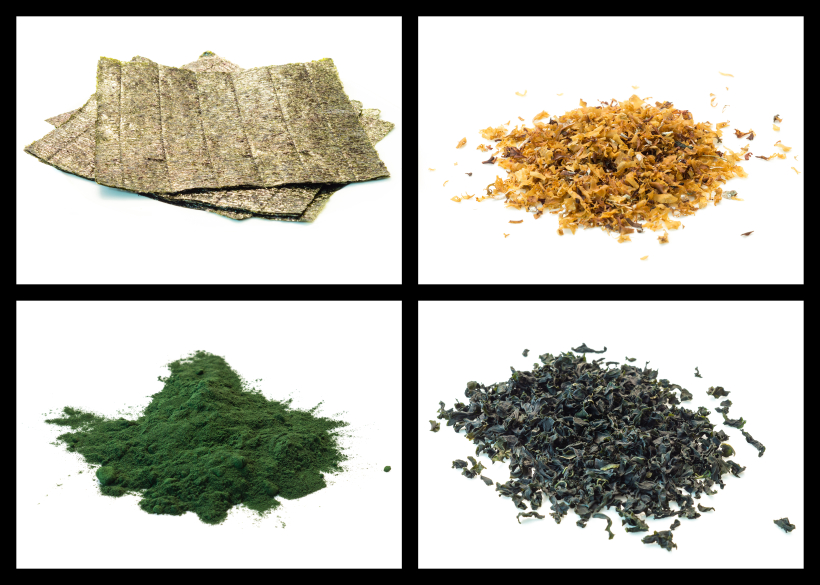Despite the fact that alcohol and drug rehab has become commonplace, seemingly trendy in some cases, relapse rates remain abysmal. Fewer than half of the people who go through treatment make it three months without relapsing. Research shows that the people who are most vulnerable to relapse have real problems regulating their bodies’ stress response. They have what researchers call “dysregulation of stress pathways” or HPA-axis dysfunction. (HPA stand for hypothalamus-pituitary-adrenal. These are the three big stress-regulating glands in the body, and all three work together.) People with HPA-axis dysfunction have high baseline levels of CRH, the hormone that calls for stress hormones to be released. They have high adrenal sensitivity, stress- and cue-related cravings, and increased anxiety. But they may also have a flat, blunted response to stress, especially with relapse. To me, this sounds like the classic picture of adrenal fatigue—overstimulation of the adrenal glands, followed by burnout and symptoms of anxiety, irritability, insomnia, low pain tolerance, inability to concentrate, cravings and more. In fact, alcohol and drug abuse does put high demand on adrenal glands, and the resulting adrenal fatigue can start a vicious cycle that makes it hard to stop using drugs.
Support for adrenal fatigue are virtually non-existent in today’s typical medical setting, including rehab. That is one big reason more and more people are looking for help outside of that approach.
I suggest reaching back into traditional medicine, for adrenal and thyroid support with the adaptogenic herbs— Ashwagandha, Siberian ginseng (Eleutherococcus), Rhodiola rosea (Rhodiola), and Holy Basil (Ocimum), among others. These herbs have a long history of use under conditions of physical stress such as high altitudes, extreme cold, and heavy work or extreme athletic performance. More recently, they are being used to help people recover from modern-day acute or chronic stress.
Although each works in slightly different ways, and all contain an array of active ingredients, they all have a similar effect. They tend to reduce stress hormone levels and help calm down the central nervous system to naturally support the body in moving back into balance. They also help to protect the body–especially the brain and heart–against high levels of stress hormones. People who benefit from these herbs often report feeling calmer and more centered, better able to focus, less anxious and irritable, able to both sleep better and perform better. I have seen that they can provide good support during recovery from drug and alcohol abuse.
Adaptogenic herbs are non-prescription, do not suppress normal adrenal or thyroid function and have minimal side effects. You can use them on your own, or discuss using them with your doctor. We will be happy to discuss your case with your doctor. Your doctor can call 800.420.5801. You can also use our website to find the health care practitioner closest to you who is trained in using adaptogenic herbs.
REFERENCES
Facchinetti F, Neri I, Tarabusi M. Eleutherococcus senticosus reduces cardiovascular stress response in healthy subjects: a randomized, placebo- controlled trial. Stress and Health 2002;18(1):11–7.
Junghanns K, Backhaus J, Tietz U, et al. Impaired serum cortisol stress response is a predictor of early relapse. Alcohol. 2003; 38(2):189–193.
Panossian A, Wikman G, Kaur P, et al. Adaptogens exert a stress-protective effect by modulation of expression of molecular chaperones. Phytomedicine 2009;16(6–7):617–22.
Richardson HN, Lee SY, O’Dell LE, et al. . Alcohol self-administration acutely stimulates the hypothalamic-pituitary-adrenal axis, but alcohol dependence leads to a dampened neuroendocrine state. Eur J Neurosci. 2008; 28(8):1641–1653.
Sinha R, Fox HC, Hong KI, et al. Effects of adrenal sensitivity, stress- and cue-induced craving, and anxiety on subsequent alcohol relapse and treatment outcomes. Arch Gen Psychiatry. 2011 Sep;68(9):942-52.


Leave A Comment